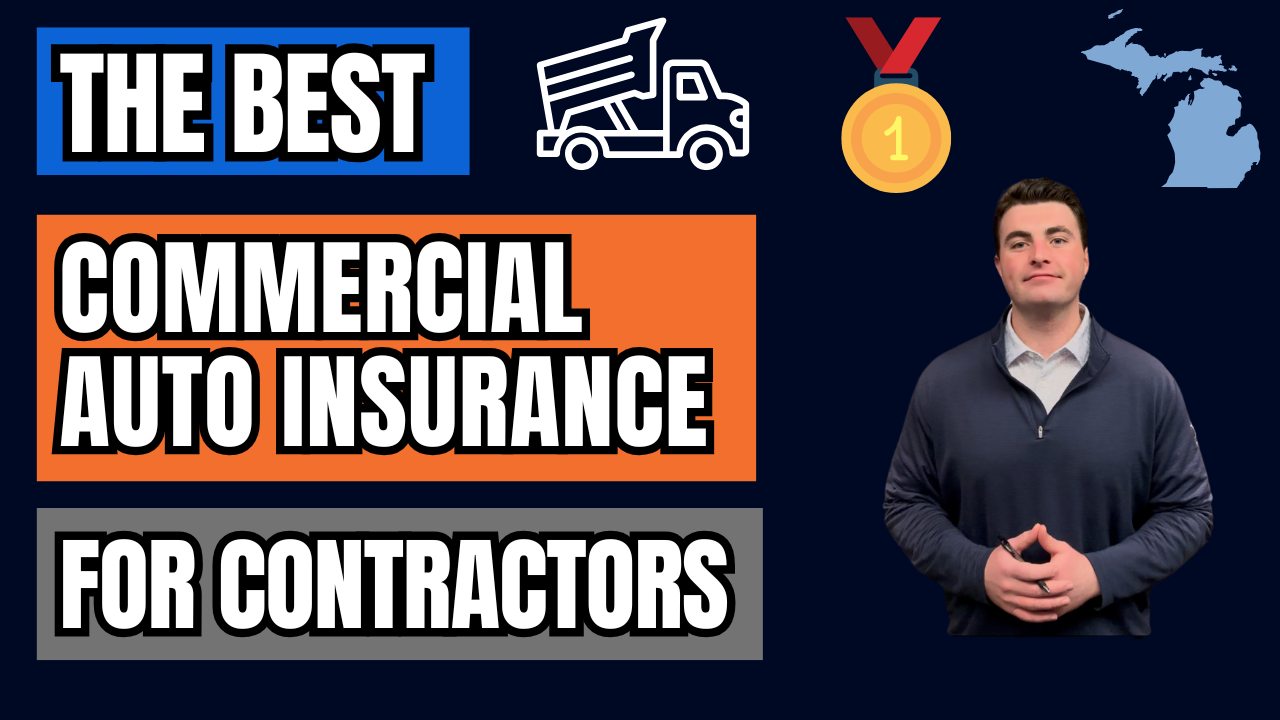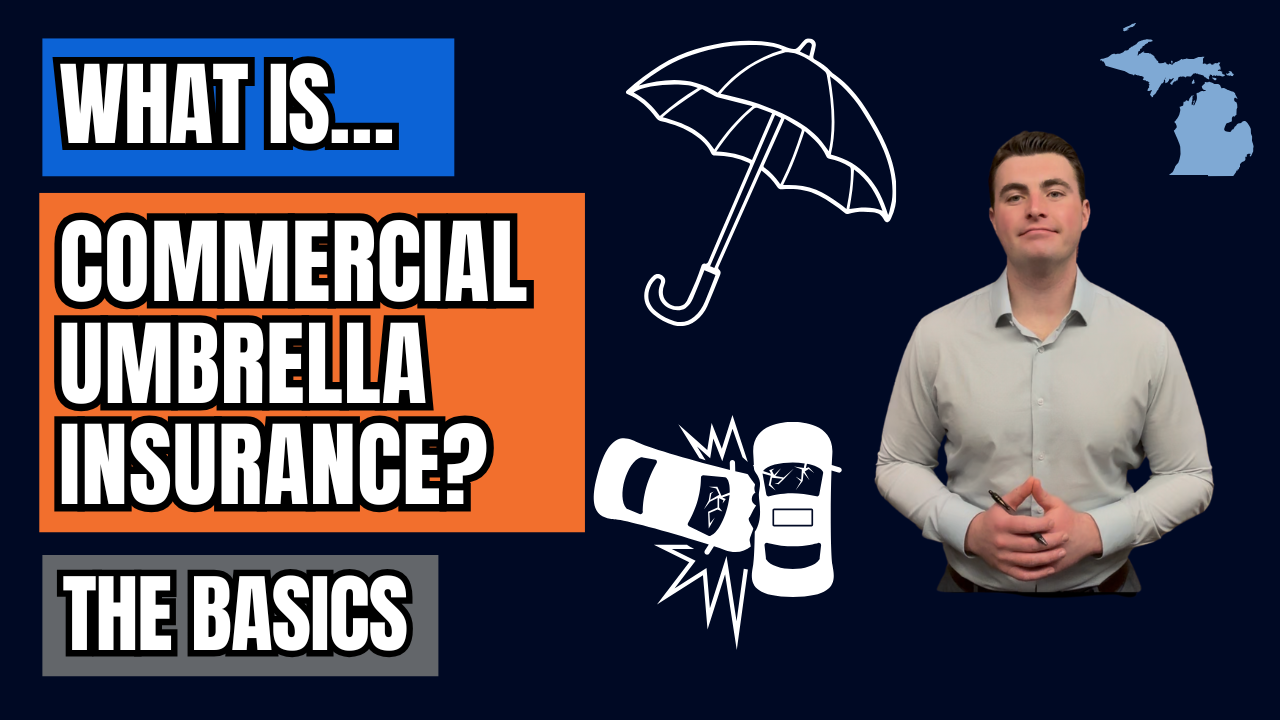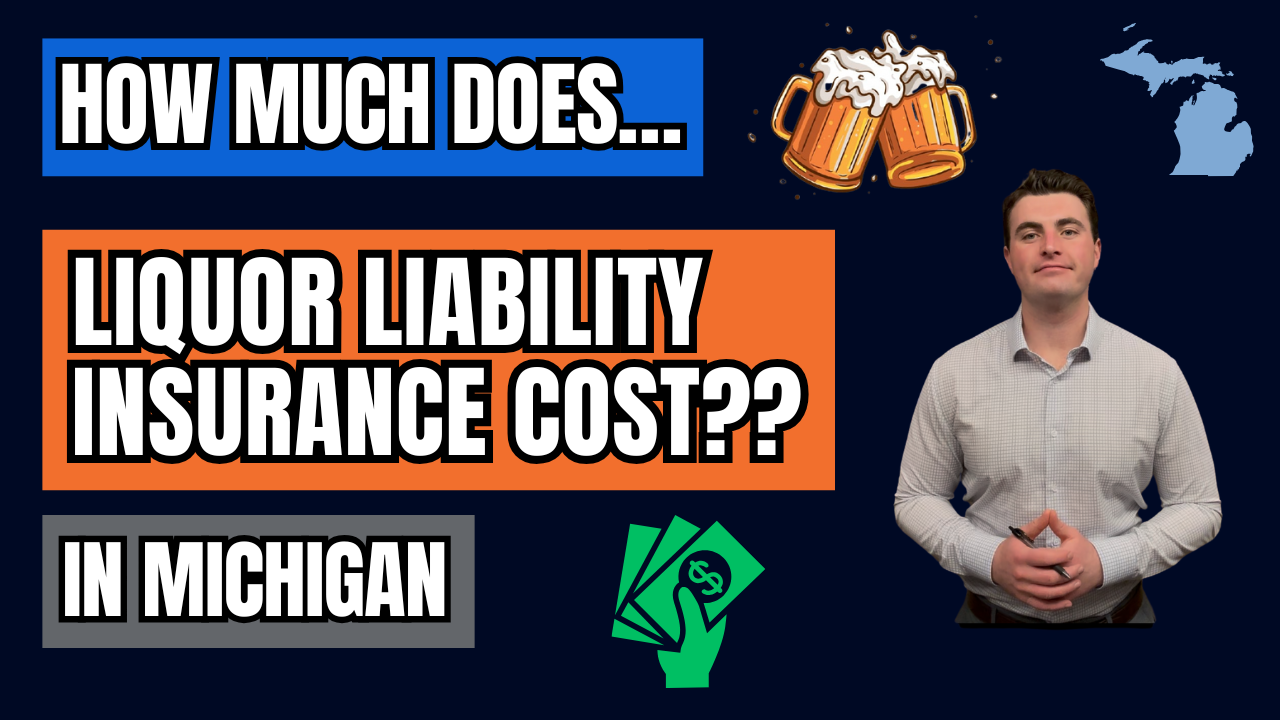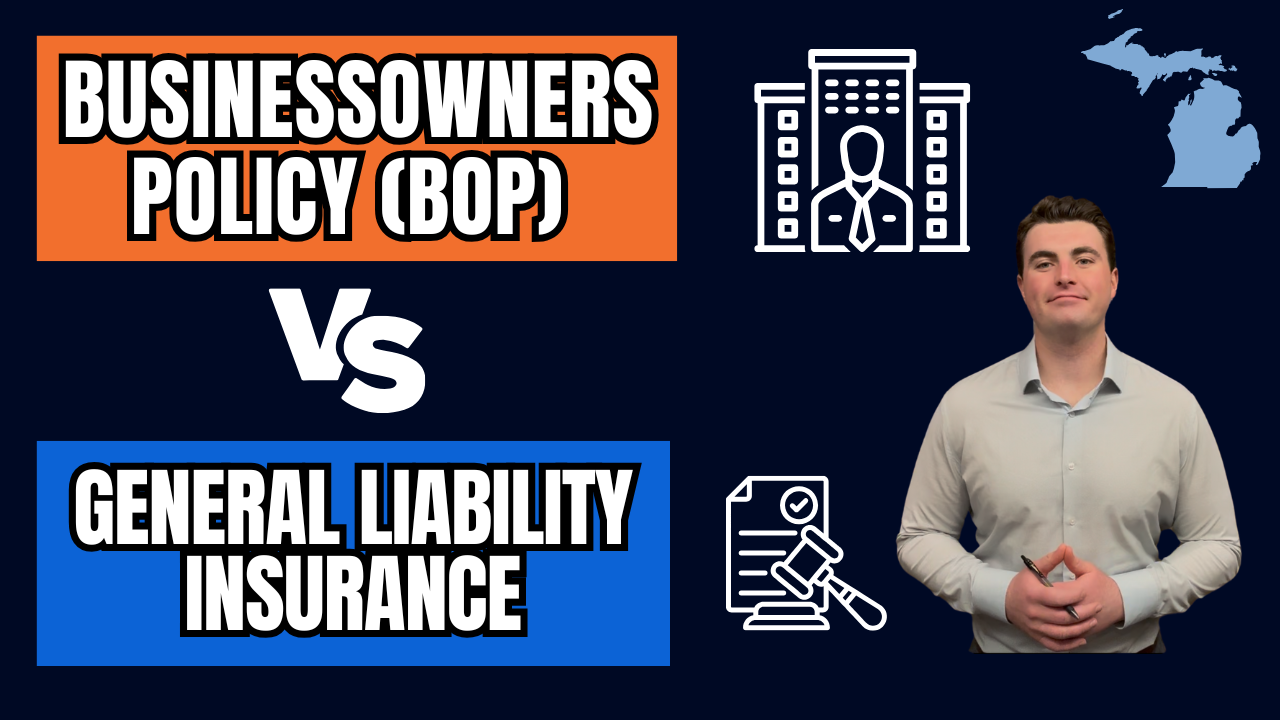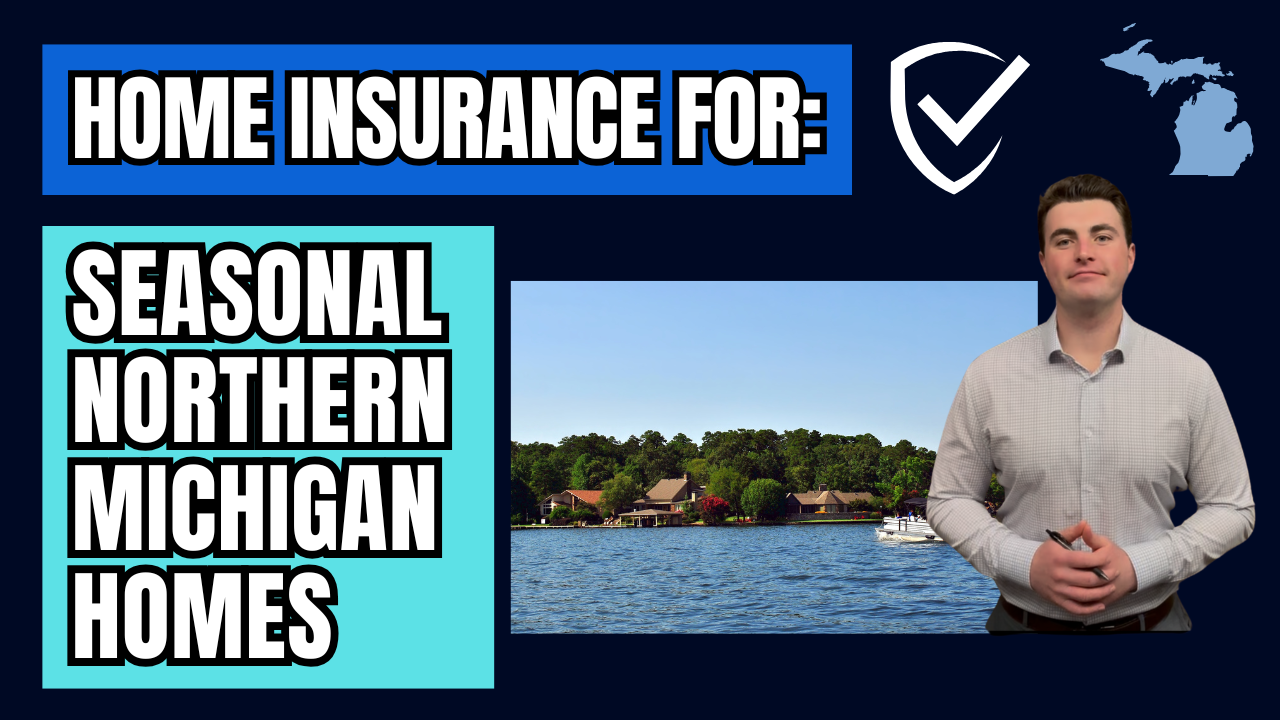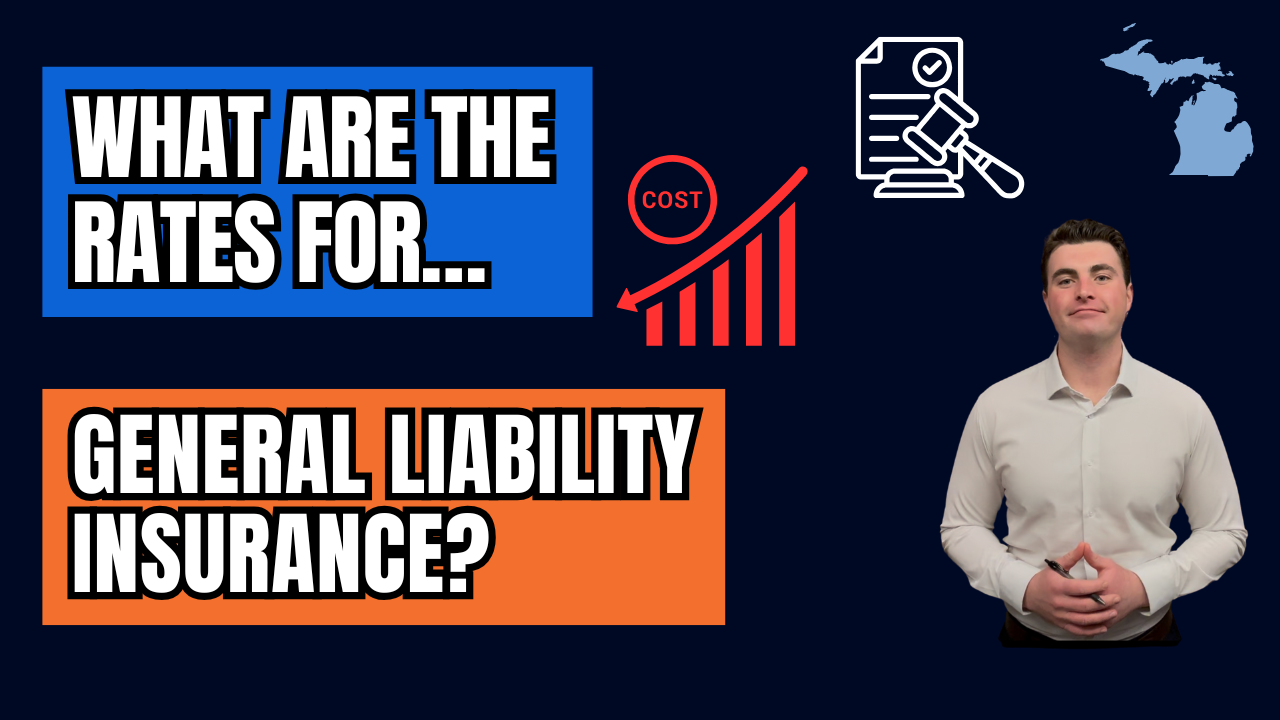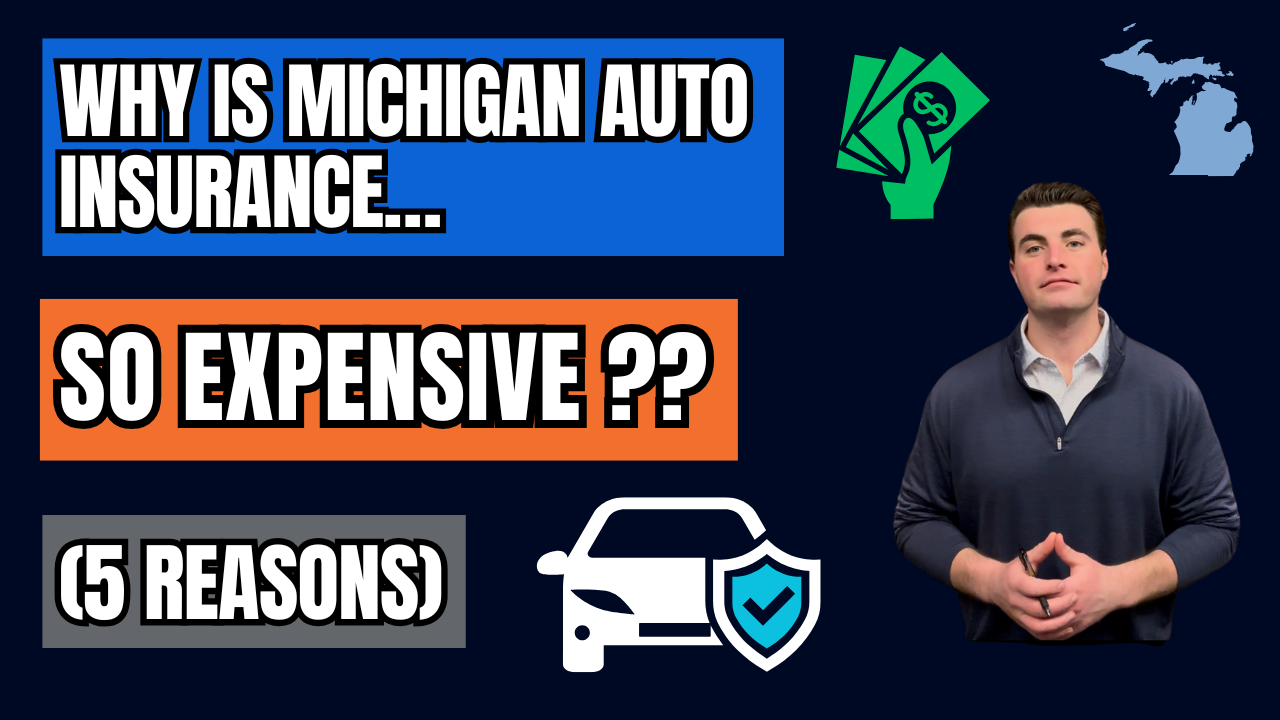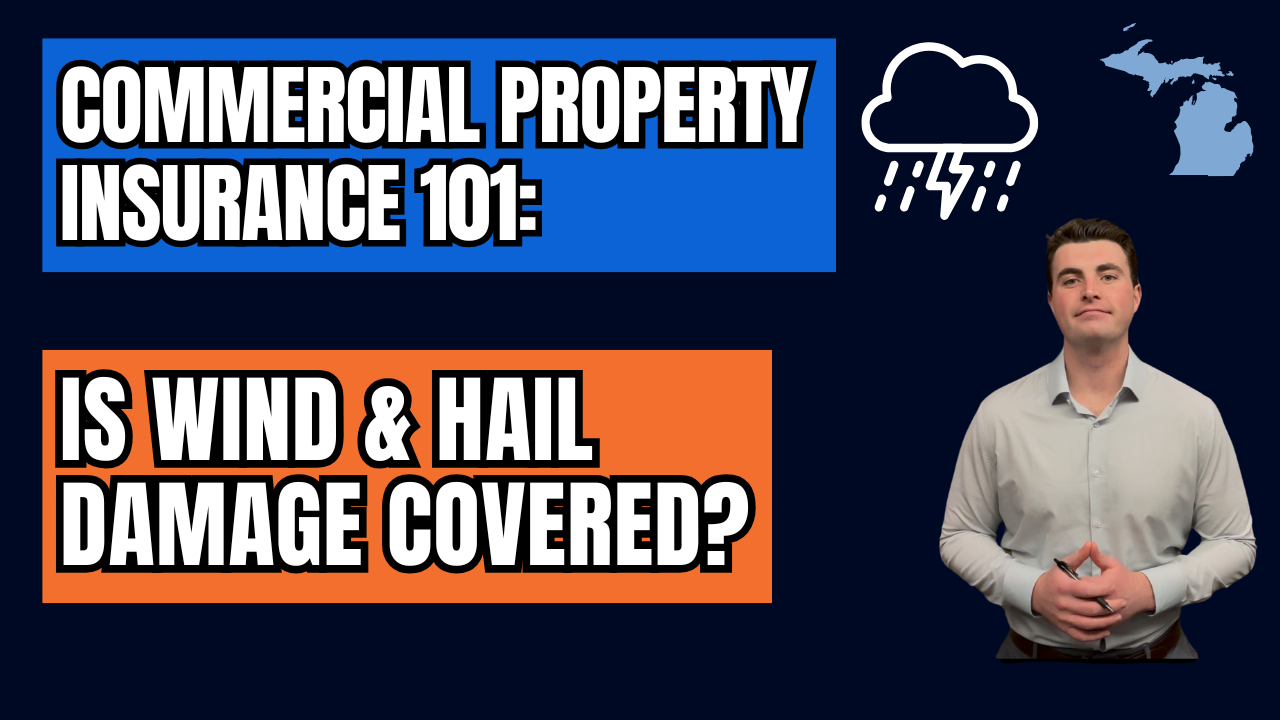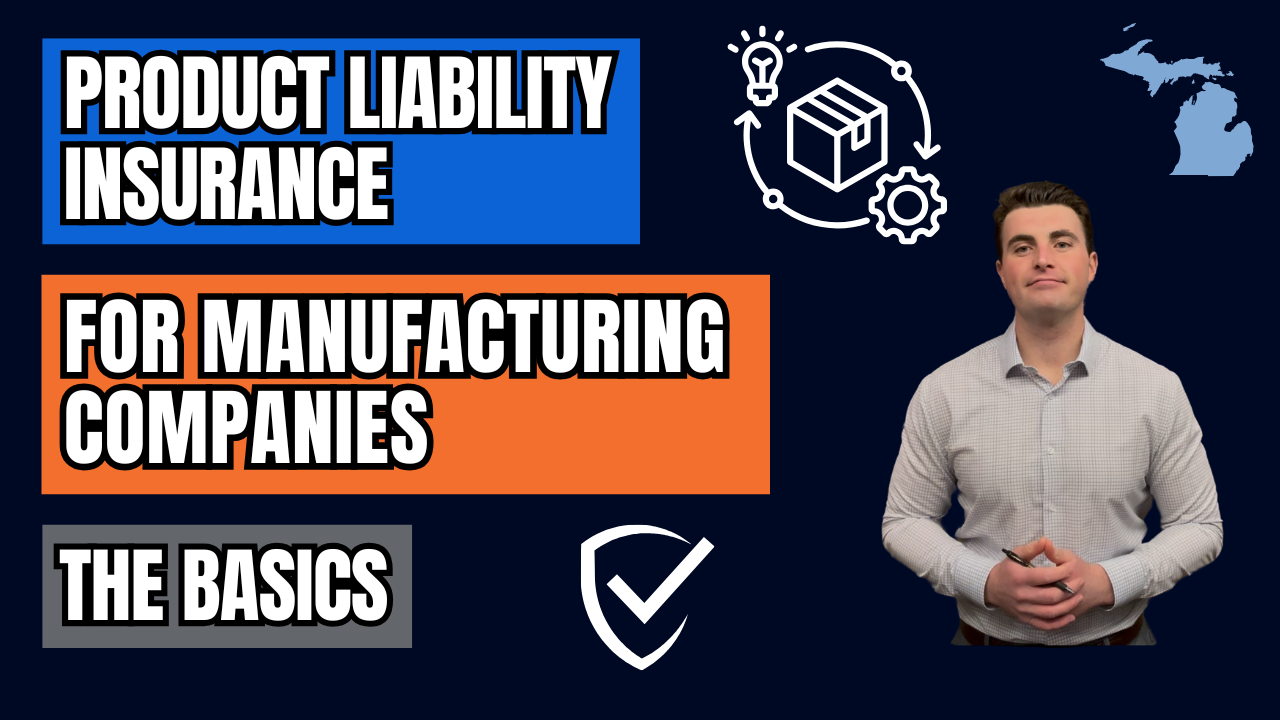What is the Difference Between Water Backup Coverage and Flood Insurance?
Water Backup Coverage vs. Flood Insurance: What’s the Difference?
Water damage can be one of the most costly and stressful experiences for homeowners. But did you know that not all water damage is covered the same way?
Many people assume that if their home is damaged by water, their homeowners insurance will automatically cover it. However, water backup coverage and flood insurance are two very different types of protection.
In this article, we’ll break down the key differences between these coverages so you can make sure you’re properly protected from water-related damage.
1. Cause of Damage: What’s Covered?
The biggest difference between water backup coverage and flood insurance is the cause of the water damage.
- Water Backup Coverage covers damage caused by water or sewage backup within your home. This could be due to a blocked sewer line, sump pump failure, or drain backup.
- Flood Insurance covers damage from rising water caused by natural sources, such as heavy rain, river overflow, storm surges, or melting snow.
💡 Key Takeaway: If water comes from inside your home (like a sump pump failure), you’ll need water backup coverage. If water comes from outside, such as rising floodwaters, flood insurance is required.
2. Coverage Area: Where Does Each Apply?
The coverage area for each policy also differs:
- Water Backup Coverage usually applies to damage within your home and its contents, particularly in basements, crawl spaces, or lower levels where sump pumps and drain lines are located.
- Flood Insurance covers both the structure and contents of your home if it’s damaged by external flooding. Coverage may include foundation damage, flooring, walls, electrical systems, and personal belongings.
💡 Key Takeaway: Water backup insurance is more limited in scope and doesn’t cover external water damage. Flood insurance, on the other hand, protects against widespread flooding damage inside and outside your home.
3. Availability: Do You Need a Separate Policy?
Another major difference is how these coverages are obtained.
- Water Backup Coverage is typically an optional endorsement that can be added to your homeowners insurance policy. Many homeowners don’t realize this coverage isn’t automatically included.
- Flood Insurance usually requires a separate policy. It is often provided through the National Flood Insurance Program (NFIP), managed by FEMA, or through private flood insurance providers.
💡 Key Takeaway: You can add water backup coverage to your homeowners policy, but flood insurance must be purchased separately if you’re in a high-risk area.
4. Cost: Which One is More Expensive?
Price is another key factor that sets these coverages apart.
- Water Backup Coverage is generally affordable—typically costing between $100 and $500 per year, depending on your coverage limits.
- Flood Insurance can be significantly more expensive, ranging from a few hundred to several thousand dollars per year, depending on your location, flood risk, and coverage limits.
💡 Key Takeaway: Water backup coverage is usually much cheaper than flood insurance. However, if you live in a flood-prone area, the cost of not having flood insurance can be devastating.
5. Government Involvement: Who Provides Coverage?
The insurance providers for these coverages are also different.
- Water Backup Coverage is offered by private insurance companies as an optional endorsement on homeowners insurance.
- Flood Insurance is often backed by government programs like the NFIP and administered through private insurers. However, some private insurers also offer standalone flood policies with additional coverage options.
💡 Key Takeaway: If you need flood insurance, you’ll likely go through NFIP or a private flood insurer. But if you want water backup coverage, you’ll need to add it to your homeowners policy through your existing insurance provider.
Do You Need Both Water Backup Coverage and Flood Insurance?
Depending on where you live and your home’s setup, you may need one or both types of coverage.
- If you have a basement with a sump pump or drain system, water backup coverage is highly recommended to protect against backups and pump failures.
- If you live in a high-risk flood zone, your mortgage lender may require flood insurance. Even if you don’t live in a designated floodplain, flooding can happen anywhere, and flood insurance is the only way to get financial protection against rising water damage.
💡 Key Takeaway: Homeowners insurance does NOT cover flood damage. If you want to be fully protected, make sure you have the right coverage for your specific risks.
Final Thoughts: Which Coverage Do You Need?
- Get Water Backup Coverage if you want to protect your home from sewer backups, sump pump failures, or drain overflows.
- Get Flood Insurance if you live in an area prone to rising water, storm surges, or heavy rain flooding.
Both coverages provide essential protection, but they do NOT replace each other. Having the right policy can mean the difference between a covered claim and paying thousands out of pocket for water damage repairs.
Still have questions?
📞 Contact us today to review your insurance and see if you need additional protection!
Contact Us
We will get back to you as soon as possible.
Please try again later.
